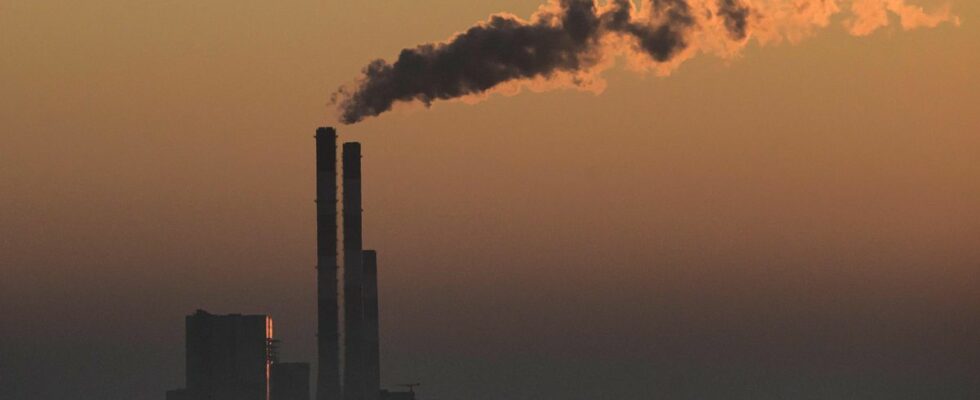Our neighbors across the Channel have also been facing a cold snap for several days. In order not to run out of electricity, the United Kingdom heats its coal-fired power stations, the operator of the British electricity network National Grid ESO said on Monday. The company has asked energy company Drax to heat two generating units at its power station in Yorkshire, northern England, which “should give the public confidence that Monday’s energy supply” is insured, according to a statement.
National Grid ESO clarifies that this does not necessarily mean that these units will produce electricity on Monday, but that they are ready to do so if necessary. The British government has asked three energy companies to keep coal-fired power stations open this winter, while maintaining its objective of completely eliminating this fuel in electricity production by 2024.
Sobriety campaign
Two other coal production sites are thus ready to start: West Burton A, of the French electrician EDF, in the north of England, and that of Ratcliffe (center) of the German Uniper. In all, the three operators could supply around 600,000 homes if needed.
The network manager had published its projections for the winter in early October, in which it was optimistic about its ability to supply the country but warned that in an extreme scenario, occasional power cuts could be necessary to relieve the system. Users are also encouraged by operators to reduce their consumption and the British government launched a sobriety campaign at the end of November to reduce demand.
underground coal mine
The United Kingdom produces about half of its electricity with gas, but the country is less dependent than others in Europe on imports from Russia: the fuel comes mainly from Norway and its own continental platform, particularly in the North Sea .
The British government also gave its approval last week to a controversial underground coal mine project in England, the first project of this type in thirty years in the country, but intended solely for metallurgy. The UK saw temperatures drop to -10 degrees Celsius or even colder overnight in some areas, and spells of snowfall and freezing temperatures caused major disruption to road, air and rail transport on Monday morning.

